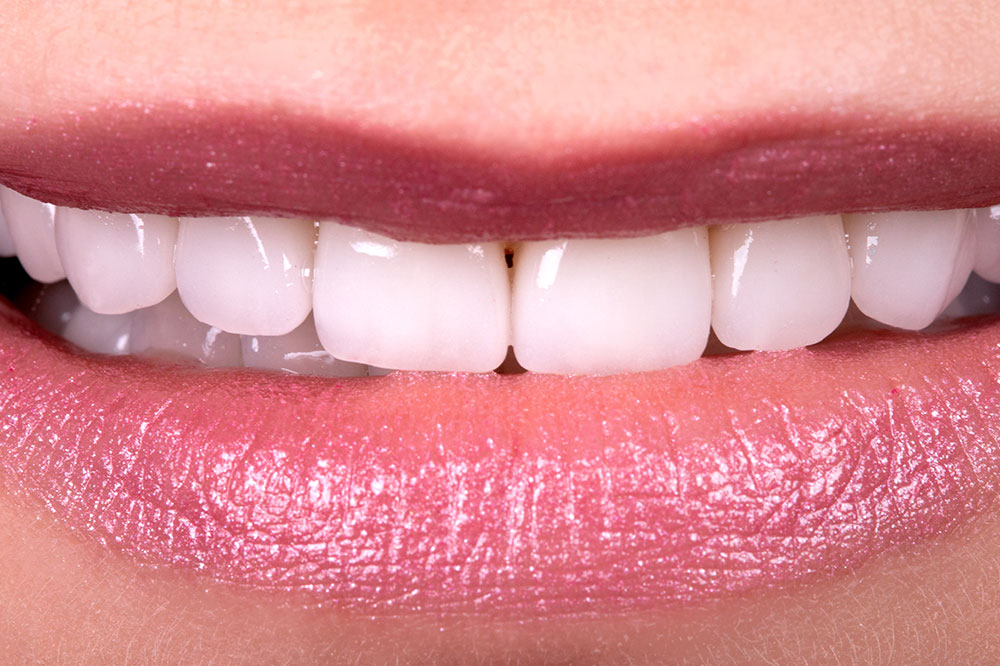
Natural Teeth Whitening – Myths vs. Reality
You can always turn to certain natural methods for teeth whitening. However, before you decide to do so, there are certain facts to consider. You cannot completely depend on natural teeth whitening methods since they can be harmful to your dental hygiene in the long run. To be on the safer side, take a call on how to whiten your teeth after gaining awareness of the myths and realities of natural teeth whitening procedures.
Natural Teeth Whitening – Facts vs. Fiction
1. Fiction: Activated charcoal is fully safe
It is a widespread myth that activated charcoal is a completely safe choice for teeth whitening. The reality is that there is insufficient research that affirms the absolute effectiveness of using charcoal as a source for natural teeth whitening. It can be abrasive to your teeth and can cause permanent damage to your enamel. Even though charcoal can remove plaques and surface stains, it also cuts through them and causes damage to the enamel.
2. Fiction: Acidic fruits are not abrasive
It is false to believe that household staples like lemons are safe sources for natural teeth whitening. While it is true that the consumption of fruit is very enriching for your body, prolonged contact with your teeth is not advisable. The acid that is present in some of these foods can be dangerous to your enamel, the thin but strong coating that protects your teeth from sensitivity.
3. Fact: Oil pulling is not effective
Dental experts commonly refer to oil pulling for teeth whitening as bad science. No evidence to date proves oil pulling has brightened teeth and has healed injuries in the mouth. The studies are unreliable, and the American Dental Association has clearly stated that the practice of oil pulling should be avoided due to insufficient research. Some have raised concerns regarding oil pulling, and cases of an upset stomach and lip pneumonia have been reported.
4. Fact: Turmeric does not work
If you think turmeric is an effective ingredient that can whiten your teeth, you are mistaken. Even though the spice can be good for your oral hygiene, it cannot be linked to teeth whitening. Experts recommend that you look at verified teeth whitening agents instead of experimenting with methods like applying a homemade turmeric paste to your teeth. Sometimes, naturopathic toothpastes do contain turmeric, but they are mixed with actual teeth whitening agents.
5. Fact: Natural whitening strips and toothpaste are reliable
While there are several natural teeth whitening methods you can steer clear from, there are others you can depend on to ensure that your enamel is protected. Products like natural teeth whitening strips and toothpaste are completely natural and contain botanicals and oils to whiten teeth. The results might be gradual, and you will not see immediate change, but they are safe to use and protect your oral hygiene.


